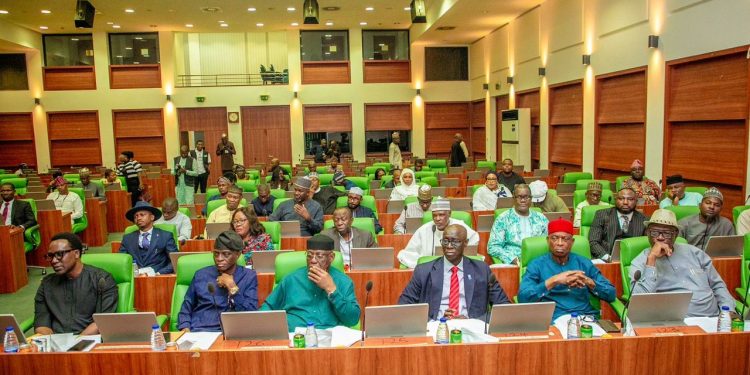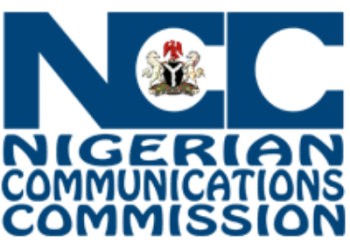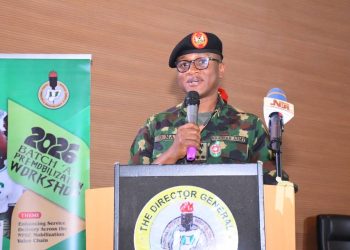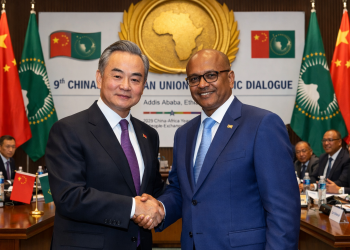By Nkechi Eze
The Nigerian Meteorological Agency (NiMet) has taken a significant step toward institutional reform as the House of Representatives, on Tuesday, 22nd July 2025, held a public hearing on a proposed bill seeking to amend the 2022 Establishment Act of the Agency. The legislative initiative, sponsored by the former Chairman of the House Committee on Aviation Technology, Honourable Isiaq Abiodun Akinlade, is aimed at addressing critical policy and operational gaps in the existing Act, with a focus on enhancing cost recovery, improving infrastructure, strengthening national safety mechanisms, and elevating service delivery, especially across the non-aviation sectors of the Nigerian economy.
The public hearing, which was convened by the House Committee on Aviation Technology, attracted wide-ranging participation from key stakeholders across several socio-economic sectors and regulatory agencies. Representatives from the World Meteorological Organization (WMO), the Nigerian Maritime Administration and Safety Agency (NIMASA), the Federal Airports Authority of Nigeria (FAAN), the Nigerian Communications Commission (NCC), trade unions, and other development-focused institutions were present at the deliberation. Also in attendance were notable former Director-Generals of NiMet, including Engr. Dr. Jide Adeniji, Dr. Anthony Anuforom, and Professor Mansur Bako Matazu, all of whom made vital contributions in the form of both written memoranda and oral submissions. Several past directors of the Agency also lent their voices to the deliberation.
Delivering the keynote address during the session, the Director-General and Chief Executive Officer of NiMet, Professor Charles Anosike, underlined the urgent necessity of establishing a clear, statutory-backed cost recovery framework. He noted that meteorological services, though traditionally perceived as an aviation-related function, have become indispensable across many other economic sectors such as agriculture, construction, transportation, energy, and disaster management. Professor Anosike explained that it is no longer sustainable for NiMet to bear the full financial burden of providing specialized data and services without mechanisms for proportional cost recovery, particularly from sectors that utilize such data for economic advantage. According to him, “Cost recovery is a globally accepted standard and a critical pillar for the financial and operational sustainability of any modern meteorological agency.”
The NiMet boss stressed that the proposed legislative amendment is pivotal to strengthening the agency’s internal capacity to deliver high-quality and timely services. He expressed confidence that if the bill scales through, it will enhance NiMet’s ability to upgrade its forecasting infrastructure, expand its footprint across critical regions, and reinforce the welfare of its highly skilled personnel, an essential component in attracting and retaining talent. He further emphasized the need to safeguard national safety through accurate and timely weather data, especially in the face of increasing climate variability, extreme weather events, and the growing vulnerability of local communities.
Opening the hearing on behalf of the Speaker of the House of Representatives, the Deputy Chief Whip conveyed the commitment of the National Assembly to support MDAs that are striving to meet pressing national development needs through legislative empowerment. He described NiMet as a vital institution whose mandate cuts across critical national interest areas, including food security, environmental resilience, public safety, and climate change mitigation. He assured the public that the legislature remains focused on enabling agencies like NiMet to operate transparently and deliver effectively.
According to him, “We are committed to building a people-oriented legislature that listens to the needs of government agencies and the citizenry alike. Strengthening NiMet means strengthening our national capacity to respond to climate challenges, improve planning across key sectors, and ultimately protect the lives and livelihoods of Nigerians, whether on land, in the air, or at sea.”
In his closing address, the Chairman of the House Committee on Aviation Technology, Honourable Tajudeen Kareem Abisodun, commended the depth and diversity of contributions made during the public hearing. He acknowledged the significance of the proposed legislative revision and affirmed the committee’s readiness to approach the amendment process with transparency and diligence. Hon. Abisodun gave a firm assurance that every memorandum submitted and every viewpoint expressed whether in oral or written form, would be holistically reviewed to ensure that the final output reflects both the spirit of the law and the needs of a modern meteorological framework.
He said, “NiMet’s role in national safety is not negotiable. From aviation to agriculture, marine safety to telecommunication planning, the agency’s inputs are now central to decision-making in nearly every facet of our economy. Ensuring that the agency is empowered through a viable and enforceable cost recovery mechanism is not just a policy choice, it is a national imperative.”
















